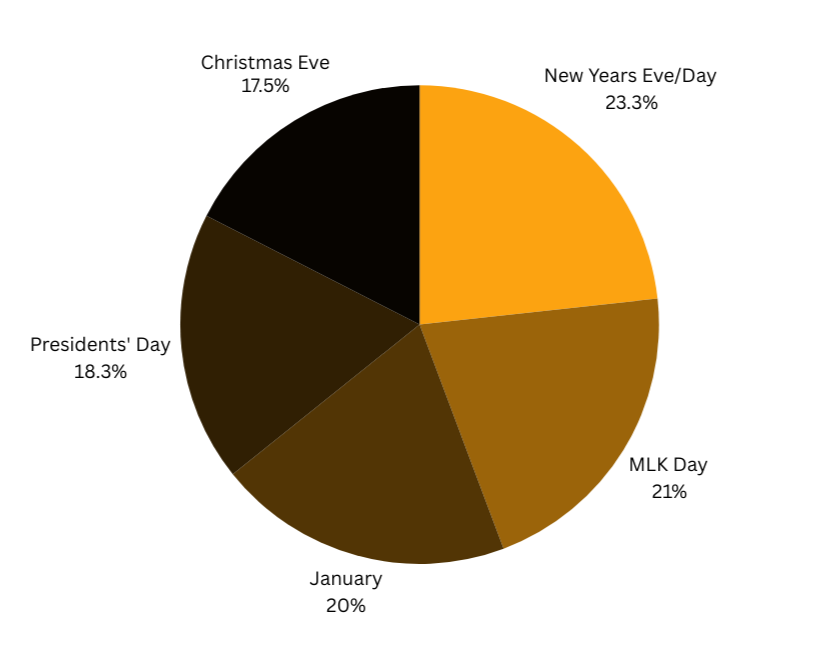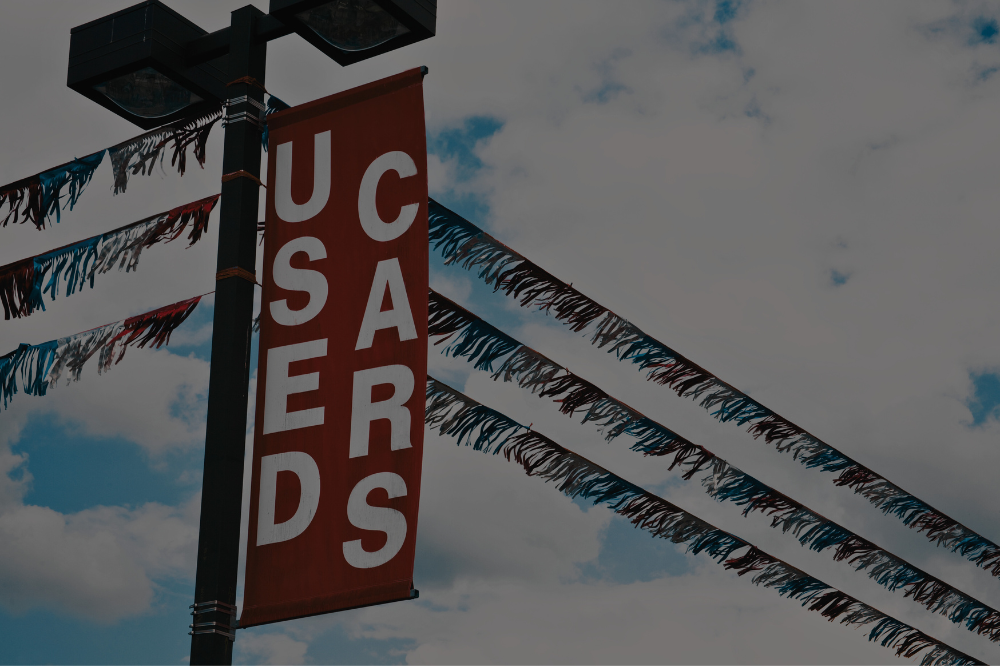If you want to buy a used car, there is a best time to do so. Find out when it is and score the best deals!
Did you know that if you want to buy a used car, the best time of the year to find great deals is just around the corner? New Year’s Eve and New Year’s Day top the list as the ideal days to purchase one, with nearly 48% more deals than average day, according to an analysis by iSeeCars, a used car search engine. This conclusion was drawn after they reviewed 39 million used car sales from 2023 and 2024.
Why are these days so exceptional? According to Karl Brauer, executive analyst at iSeeCars, it’s because “you have two forces coming together”. Dealers are trying to meet year-end sales goals, while also preparing for winter months that typically see lower sales, prompting them to offer better discounts. The analysis found that November through February are the best months to get a used car deal.
On top of that, the latest data from Edmunds shows a decline on the average price of a used car. In the third quarter of 2024, the prices averaged $27,177, down 6.2% from the previous year.
When Is The Best Time to Buy a Used Car?
As the year ends, both dealerships and car manufacturers push to meet sales targets. This creates significant opportunities for buyers during New Year’s Eve and other year-end dates. If the holiday season keeps you too busy, Martin Luther King Jr. Day (January 20, 2025) is the second best day to buy one, with 43.3% more deals than average.

When Is The Worst Time to Buy a Used Car?
However, deals become scarcer as temperatures rise, making April through August the worst months to get a deal. For example, during holidays like Mother’s Day, Memorial Day, and the Fourth of July, discounts drop by 27.4% to 31.1%. The worst day to buy a used car? Father’s Day, with 33.1% fewer deals than average.
How To Find Better Deals
1. Research Sales and Offers
Deals vary widely depending on the make, model, and vehicle type, said Ivan Drury, director of Insights at Edmunds. So, make sure you compare prices from multiple sellers and dealerships to identify the best options and use your research as leverage when negotiating.
“You want to make them have to work for your business by potentially beating other dealers”, Brauer said.
2. Check the Vehicle’s History
Ask for the car’s VIN (Vehicle Identification Number) to access its history. This will provide key details about previous ownerships, maintenance records, and whether it’s been in accidents or had flood damage. Brauer also advised requesting a pre-purchase inspection (PPI) from an independent mechanic. “If the seller won’t let you, that should be pretty telling right there”, he added.
3. Explore Financing Options
Before visiting dealerships, try getting pre-approved for loans through your bank or other lenders. This gives you a clear understanding of the terms you qualify for and allows you to negotiate more effectively. Pre-approval can also encourage dealerships to match or beat your existing offer. If they don’t, you still have the option of using your bank or lender’s financing.

